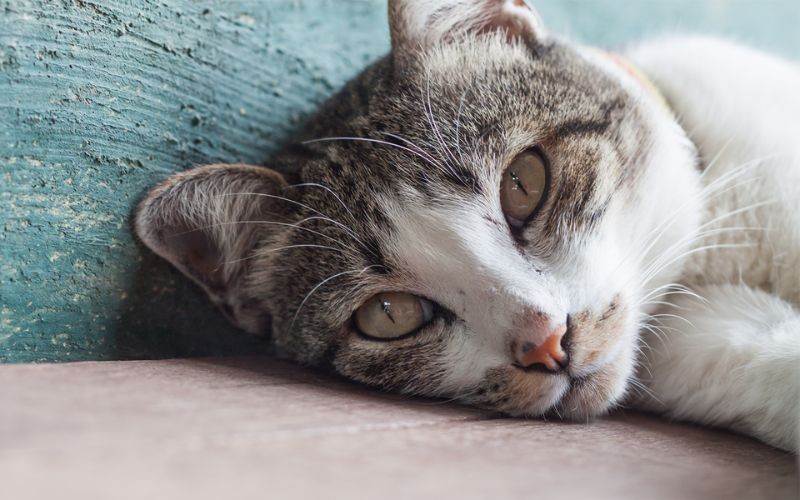
Caring for your Senior Cat
Thanks to advances in veterinary medicine, a controlled diet and living more indoors, the life expectancy of cats has increased in recent years, with some cats reaching well over the 20 year mark, thus setting their senior years between the ages of 10 or 11.This is a pivotal period as it marks a subtle yet significant transition in their needs, demanding our unwavering attention to guarantee their well-being during this special stage of life.
A shift in your pet’s behavior
As your cat gracefully ages, you might notice changes in its behavior as your pet may feel the need to slow things down a bit. Play becomes gentler, sleep patterns may change and it may become less active. Other specific behavioral changes, such as increased vocalization or alterations in grooming habits, can offer insights into their evolving needs.
Understanding these new behavioral patterns may require you to adapt your care with a compassionate touch to ensure its comfort and happiness. For instance, if your multi-level house poses challenges, consider making essentials like food, water, and the litter box, but also his favorite bed and play toys, easily accessible.
Routine check-Ups
As for their behavior, senior cats may also be more prone to certain health conditions. You may notice your feline friend gaining or losing weight, having difficulty in its movements or even a deterioration in seeing and hearing. It is wrong in these cases to assume that it’s all due to aging.
Just like us, senior cats may encounter specific health challenges. From joint problems affecting their agility to dental issues impacting their eating habits, and potential kidney concerns.
Consistent veterinary check-ups stand as the bedrock of senior cat care. Regular examinations during the year will help in identifying and addressing health issues early on, ensuring your pet enjoys a comfortable and vibrant life throughout its golden years.
Supporting your senior cat with proper nutrition
Nutrition emerges as a crucial pillar in supporting the overall well-being of our senior companions. Essential nutrients take center stage, contributing to the maintenance of muscle mass, promoting joint health, and fortifying the immune system.
During their later years cats tend to become more selective when it comes to their food, therefore the ideal food must always include the correct macronutrients. Some cats tend to significantly reduce the amount of physical activity, spending more hours sleeping as opposed to exercising, thus leading to a slower metabolism. This reduction in calories burned calls for a diet that is low in carbohydrates and high in proteins.
As for any life stage, the senior one also has its own peculiarities which require specific foods, quantities and other variables that need to be taken into consideration.
If your cat has entered its golden years, remember to adjust its nutrition plan with the help of your Farmina Nutrition Consultant, who will follow up with a complete plan with the ideal food, feeding amounts, and other useful tips regarding your pet's current life stage and condition.
Discover Farmina Pet Care Solutions
Conclusion
By understanding when your cat enters its senior years, observing the nuanced changes in behavior, staying vigilant about common pathologies, committing to regular vet check-ups, and providing nutrition tailored to its evolving needs, you are laying the foundation for a healthy, happy, and harmonious senior phase.

